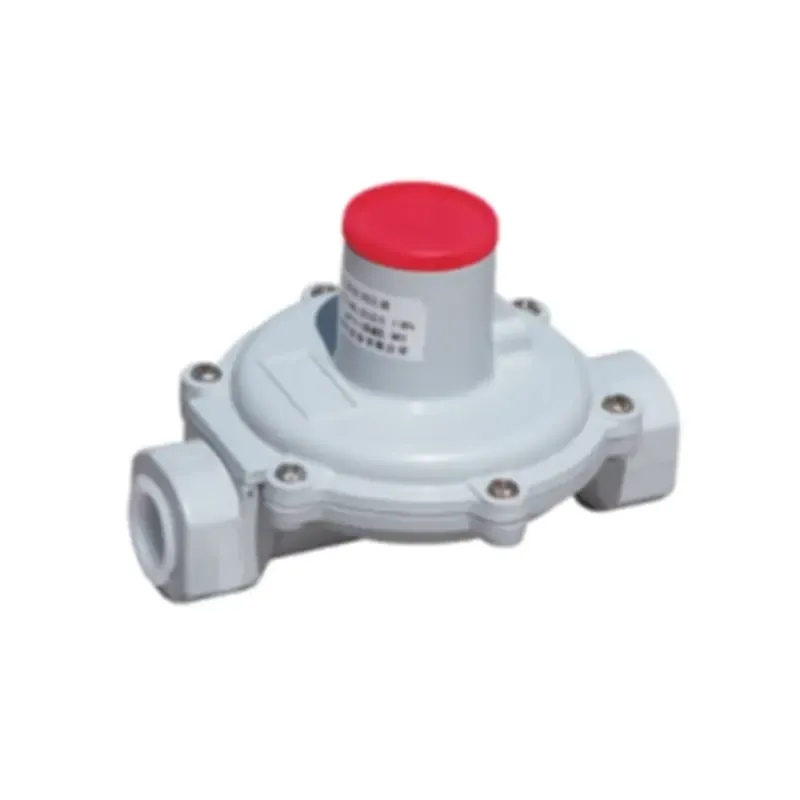
Nov . 03, 2024 22:56
Back to list
gas metering
Gas Metering An Essential Component of Energy Management
Gas metering plays a pivotal role in the efficient management and distribution of natural gas. As the world increasingly turns to cleaner energy sources, understanding the intricacies of gas metering becomes paramount for both suppliers and consumers. This article delves into the various aspects of gas metering, its importance, the technology involved, and future trends in the industry.
At its core, gas metering refers to the process of measuring the volume of gas consumed in various applications, from residential heating to industrial processes. Accurate metering is crucial for billing purposes, operational efficiency, and safety. Utility companies rely on gas meters to ensure accurate billing based on the actual consumption of gas, which fosters trust between consumers and service providers.
Gas meters have evolved significantly over the years. Traditional mechanical meters, which use a rotating diaphragm to measure gas flow, have largely been replaced by modern electronic meters. These advanced devices offer enhanced accuracy, faster response times, and the ability to collect data remotely. Smart meters, for instance, can transmit real-time data to utility companies, allowing for better demand forecasting, reduced operational costs, and improved customer service.
One of the key benefits of advanced gas metering technologies is the capability for real-time monitoring
. This allows consumers to track their gas usage, enabling them to make informed decisions about their consumption habits. With detailed information at their fingertips, users can identify peaks in usage and pinpoint opportunities for energy savings. This level of engagement fosters a culture of energy efficiency, leading to lower bills and reduced environmental impact.gas metering

Moreover, gas metering contributes significantly to safety. Accurate measurement of gas consumption helps detect leaks or irregularities in gas flow, enabling prompt actions to prevent accidents. Comprehensive monitoring systems can trigger alerts when abnormal conditions arise, thereby enhancing overall safety for both consumers and utility providers.
As the energy landscape continues to shift toward sustainability, gas metering technology is also evolving. The integration of renewable energy sources, such as biogas, into existing natural gas infrastructure poses new challenges and opportunities. This transition requires advanced metering solutions that can accommodate varied gas compositions and ensure precise measurement across diverse energy forms.
Looking ahead, the future of gas metering is expected to be shaped by further technological advancements. Innovations such as IoT (Internet of Things) integration and AI-driven analytics could revolutionize how gas consumption data is gathered and analyzed. These technologies promise not only to enhance operational efficiency but also to create more personalized energy solutions tailored to individual consumer needs.
In conclusion, gas metering is an essential element in the energy management ecosystem. Its evolution from mechanical to sophisticated smart meters reflects the industry's commitment to enhancing accuracy, safety, and efficiency. As we move toward a more sustainable energy future, the role of gas metering will only become more significant, ensuring that both consumers and suppliers benefit from improved practices and innovative technologies. Embracing these advancements will be critical for meeting the energy demands of tomorrow while prioritizing environmental stewardship.
Next:
Latest news
-
Safety Valve Spring-Loaded Design Overpressure ProtectionNewsJul.25,2025
-
Precision Voltage Regulator AC5 Accuracy Grade PerformanceNewsJul.25,2025
-
Natural Gas Pressure Regulating Skid Industrial Pipeline ApplicationsNewsJul.25,2025
-
Natural Gas Filter Stainless Steel Mesh Element DesignNewsJul.25,2025
-
Gas Pressure Regulator Valve Direct-Acting Spring-Loaded DesignNewsJul.25,2025
-
Decompression Equipment Multi-Stage Heat Exchange System DesignNewsJul.25,2025

